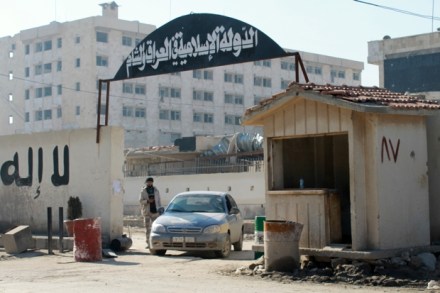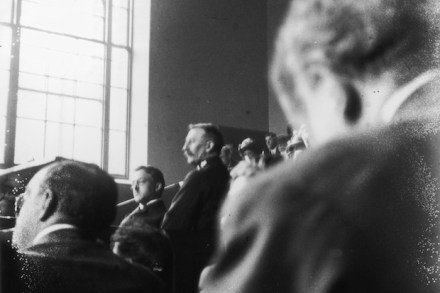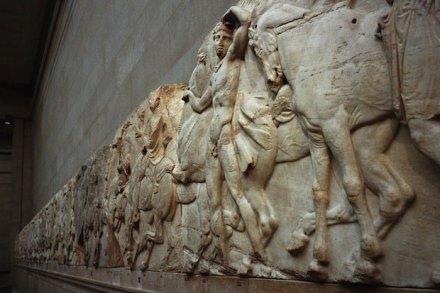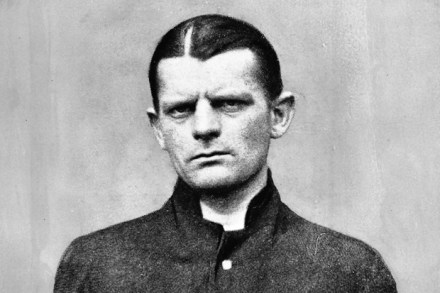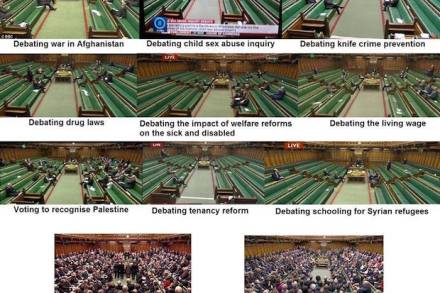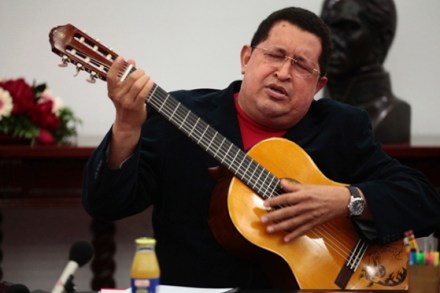Isis murder a homosexual man (but presumably it has nothing to do with Islam)
I see that Isis have begun the holiday season by ‘executing’ (or murdering) a man who they say was homosexual in Syria/Iraq. They did this in the traditional manner, by throwing him off a tall building and then stoning him to death. They have helpfully provided photos of the process online. An accompanying statement from Isis reads: ‘Following the example of Muslims Caliph Abu Bakr Al-Siddiq (ruled 632-634), the Islamic court in Al-Furat province sentenced a man who performed acts of the people of Lot [i.e.,homosexual acts] to be cast off the highest place in the town and then stoned to death. Allah’s command [is valid] in both the past and the future.’
